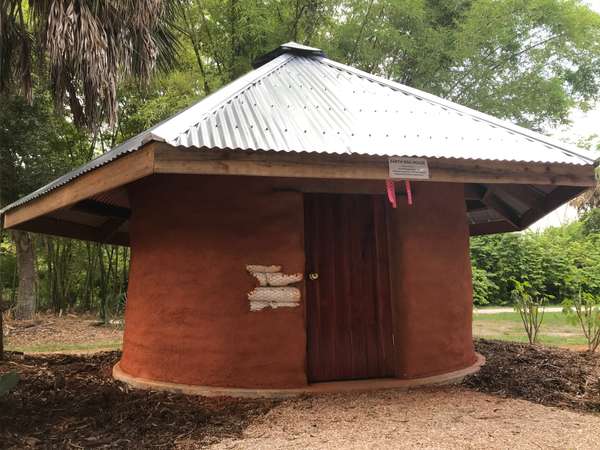New Technical Note: Earthbag Seed Banks
Published
2020-06-29
Download TN#96 (PDF) Read TN#96 online
Seed storage in the tropics has been a frequent topic of ECHO publications and trainings due to its importance to the smallholder farmer. Access to quality seeds is imperative for agronomic and horticultural crop production. While on-farm seed saving benefits the smallholder farmer, cooperative seed storage through the creation of seed banks bolsters farmers at the community level.
Seed banks provide secure structures for seed storage, while also serving as genetic repositories for important plants in the community. Centralizing the seed saving process also allows for cooperative investment in appropriate technologies and data management. As members of a community learn these management skills, they are empowered to save seeds themselves.
Seed preservation in the tropics is rife with difficulties due to high temperatures and humidity, so investing in worthwhile storage technologies is instrumental in smallholder communities. Of course, the process of establishing a seed bank involves community buy-in, stakeholder cooperation, and resource investment. While the social elements of seed banking are important, thisTechnical Note focuses on earthbag building techniques as a resource-effective means of establishing a seed bank. ECHO has now installed earthbag seed banks at two of its global offices: one in Thailand and one in Florida. This publication will outline the benefits of earthbag seed banks, as well as how to get started with your own project.